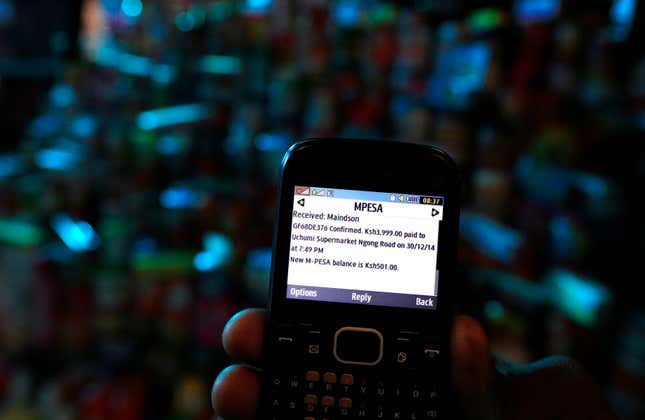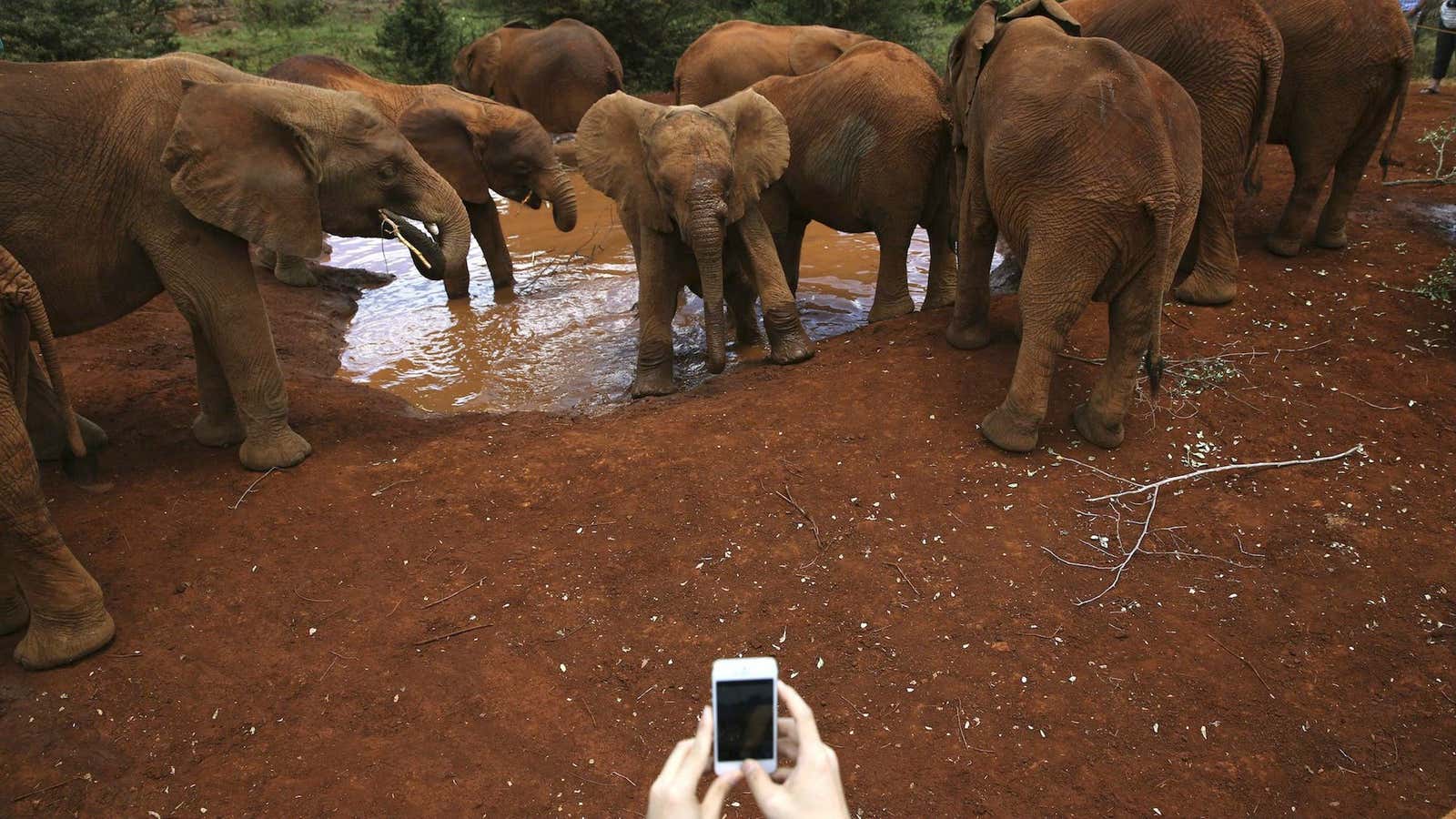Of all the 190 countries where Microsoft’s Windows 10 operating system launched yesterday, Microsoft CEO Satya Nadella chose to spend the day in Kenya. His visit came just days after the conclusion of the US-sponsored Global Entrepreneurship Summit and a state visit by president Barack Obama, where he hailed technology for “changing the way Africa is doing business.”
Nadella’s choice seems a strange one in some respects. Not everyone thinks Kenya’s so-called “Silicon Savannah” is poised for a revolution. “The technology opportunity has been overblown in the international media,” David Loew, a manager at Open Capital Advisors, an advisory consultancy in Nairobi told Techcrunch this week.
A 16% value-added-tax on imported electronics was imposed in 2013; it dented sales, even as they grew in other nearby countries. Startups are often short on cash: A survey last year of more than 230 Kenyan startups found that 70% of them were not earning enough to maintain their business and living expenses and less than 9% (pdf, p. 48) got venture-capital funding last year. Some worry that Kenya, which is building a $14.5 billion “tech city” south of Nairobi in the town of Konza, is getting ahead of itself.
However, local entrepreneurs say that new mobile- and internet-focused businesses are now beginning to hit their stride, taking advantage of cheap internet, a growing pool of talent, and consumers’ increasing trust in new internet and mobile-phone based services, thanks to the ubiquity of the mobile money transfer system, M-Pesa.

“It’s a bit easier now,” says Francis Gesora, a co-founder of Book Now, a website for buying tickets for long-distance buses across East Africa. (He calls it “the Kayak for buses,” referring to the flight booking site.) “All of this makes it easier to get started,” says Michael Nguru, the company’s other co-founder.
Book Now was among a group of startups waiting to exhibit their work to Nadella at Nairobi Garage, a tech hub in downtown Nairobi. Others include a solar powered pack for rural homes; a digitized reporting system for hospitals, called ZiDi, which collects data for public-health researchers to analyze; an app for data collection, aimed at NGOs; and another app for doctors to communicate with their patients. “ICT is a major pillar of the future of Kenya,” says Geoffrey Ndungu, who works on ZiDi.
According to a McKinsey study, the information and communication sector contributed 2.9% of Kenya’s GDP in 2012—one of the highest rates in Africa, where the average was 1 .1% (though a different estimate puts the Kenya figure as high as 12.1% in 2013). High mobile-phone penetration, fast adoption of smartphones—by 2020, Sub-Saharan Africa will be home to an estimated half a billion smartphone users—and the expansion of the middle class is prompting companies like Microsoft to focus on the region.
There’s another reason why paying attention to Sub-Saharan Africa makes sense for Microsoft. By one estimate, over half of web users in the region access the internet on desktop computers, mostly using pirated copies of older versions of Windows. The hope is that Windows 10, which works on computers, mobile phones, and tablets, will entice more mobile users. In Kenya, South Africa, and Nigeria, the Windows phone is outselling the iPhone, though it still lags cheaper Android phones.
